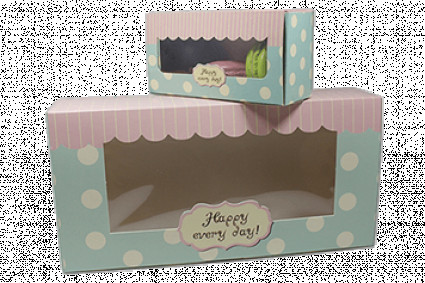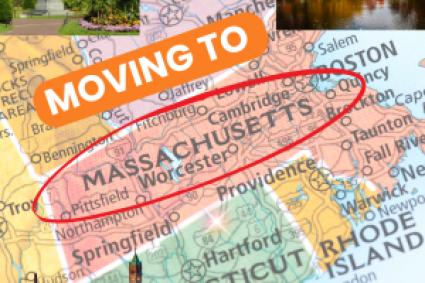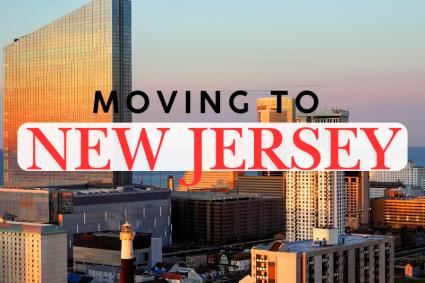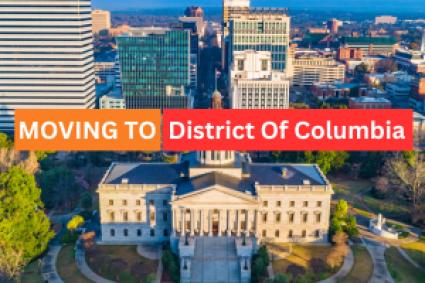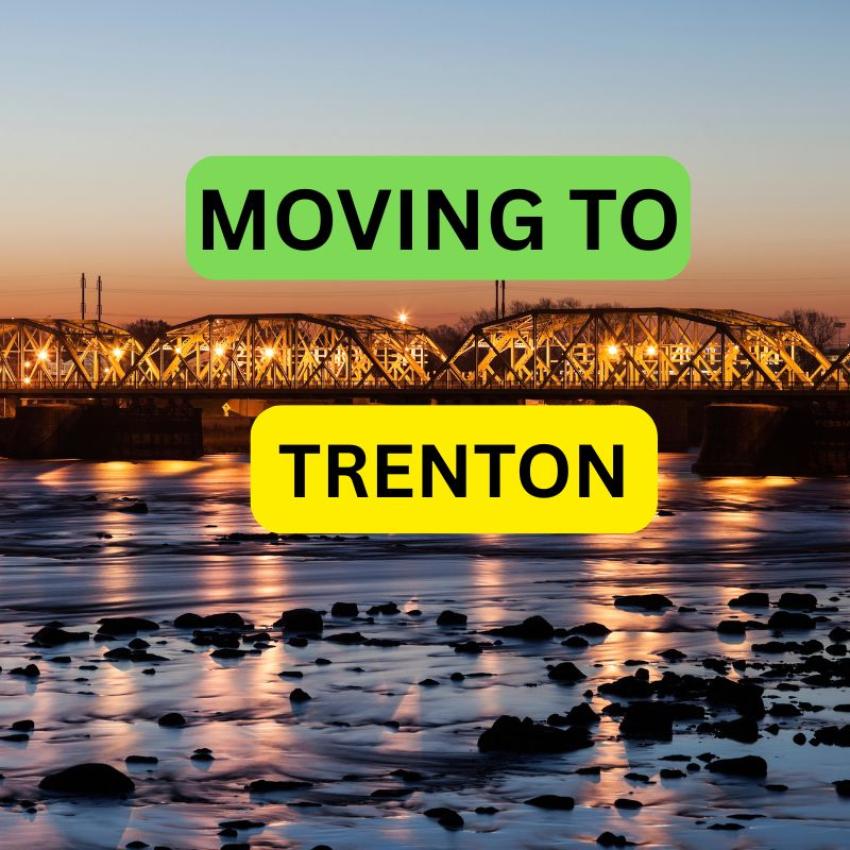
Thinking About Moving to Trenton, New Jersey?
Here's What You Should Know
Trenton isn’t a city that shows off. It doesn’t make many headlines or come up much in national conversations. But for some, that’s exactly the point. Trenton sits quietly in central New Jersey, close to both Philadelphia and New York City, and offers something many big cities can’t: space, affordability, and a slower pace.
If you're thinking about relocating to Trenton, it's worth taking a closer look. The city has its own rhythm, history, and challenges—but it also has a lot of potential. Let’s walk through what life here actually feels like.
A Quick Look at Trenton
Trenton is the capital of New Jersey. It’s a mid-sized city with deep historical roots, a working-class feel, and neighborhoods that reflect different sides of its story. Some areas are lively and well-kept. Others need investment and care.
You’ll find a mix of people—government workers, longtime residents, families, and commuters who travel to nearby cities for work. It’s not a trendy city, and it doesn’t pretend to be. But it has public parks, old architecture, and a location that makes it easy to get almost anywhere in the region.
Cost of Living
One of the biggest reasons people look at Trenton is the cost. Compared to New York City or even nearby Princeton, Trenton is much more affordable.
- Rent: A one-bedroom apartment rents for around $1,100–$1,400 a month, depending on the area. Larger units in newer buildings can be more.
- Home prices: The median price for a home is roughly $250,000–$300,000. That’s far below what you’d pay just an hour away.
- Utilities and groceries: These run close to the national average, and often lower than in bigger cities.
- Taxes: Property taxes in New Jersey are high, including in Trenton. That’s something to factor in, especially if you plan to buy a home.
Overall, Trenton offers a more affordable life than most cities in the Northeast, especially if you're trying to stretch your budget without giving up access to major job markets.
Transportation
Trenton is surprisingly well-connected. It’s a hub for both road and rail travel, which gives it a big advantage.
- Trenton Transit Center: From here, you can catch NJ Transit trains, SEPTA (to Philly), and Amtrak. It’s easy to reach both New York and Philadelphia.
- Driving: Highways like I-295, Route 1, and the NJ Turnpike are nearby, so getting around by car is simple—though traffic builds up during rush hours.
- Buses: Local and regional bus routes serve the area. They're not fancy but they get the job done.
- Walking and biking: Some neighborhoods are walkable, but many people rely on cars, especially for errands.
If you work in a nearby city but want to live somewhere more affordable, Trenton gives you options without making your commute unbearable.
Climate
Trenton sees all four seasons. Winters bring cold, snow, and short days. Summers are warm and sometimes humid. Spring and fall are usually mild and pleasant.
- Winter: Snowfall varies, but expect a few snowstorms each year. Temperatures drop below freezing often from December to February.
- Summer: Highs in the 80s are common, and a few days each year will reach the 90s.
- Rain: Trenton gets steady rainfall throughout the year. No real dry season.
It’s the kind of climate where you’ll need a heavy coat in winter and shorts in the summer. No big weather surprises, just the usual seasonal shift.
Pros of Living in Trenton
1. Lower Housing Costs
Compared to other cities in New Jersey or nearby Pennsylvania, Trenton is more affordable—especially for renters and first-time homebuyers.
2. Easy Access to Major Cities
Whether you work in New York, Philly, or Princeton, you’re close enough to commute by train or car.
3. Historic Character
From the Old Barracks Museum to brick row homes and government buildings, Trenton has visible history. It’s not polished, but it’s real.
4. Quiet Neighborhoods
If you’re looking for a place where things slow down after dark and the sidewalks are quiet, you can find that here.
5. Public Services and Parks
There are libraries, green spaces, and walking paths—especially around the Delaware River and the D&R Canal Trail.
Cons of Living in Trenton
1. Uneven Neighborhood Conditions
Some areas of Trenton are well-kept and safe. Others have issues with crime, vacant buildings, or lack of upkeep. It varies street by street.
2. Public School Reputation
Trenton's public schools face challenges. Some families choose charter or private schools or move to nearby suburbs for better options.
3. Limited Nightlife and Entertainment
If you want trendy restaurants, nightlife, or a constant stream of events, Trenton might feel quiet. You’ll likely head to Philly or NYC for that.
4. Job Market
There are jobs in government, health care, and education, but the city’s job market isn’t as strong as neighboring metro areas. Many residents commute.
5. Reputation and Perception
Trenton sometimes gets overlooked or judged based on crime stats or outdated impressions. That can be frustrating for residents who see its value.
What Kind of People Move to Trenton?
Trenton tends to attract a few kinds of people:
- Commuters who want cheaper housing and easy access to bigger cities.
- First-time homebuyers priced out of other areas.
- Longtime locals who stay for family and community ties.
- Public employees working in government offices nearby.
It's not a destination city for tourists or transplants in large numbers. But if you're looking for affordability and regional access, it can be a practical and livable choice.
Neighborhoods to Know
- Hiltonia: Tree-lined streets, larger homes, and a more suburban feel.
- Mill Hill: Historic, walkable, and close to downtown.
- South Trenton: Diverse, working-class, and full of local flavor.
- Chambersburg: Known for its Italian-American roots, now more diverse.
Each area has a different feel. Some are quiet and residential, others more urban. Like any city, it’s best to visit and walk around before choosing where to live.
Is Trenton Right for You?
Moving to Trenton isn’t about making a big lifestyle leap. It’s about finding a place that makes sense for your budget, your commute, and your pace of life. It’s not flashy, but it’s close to the places that are.
You’ll want to weigh the pros and cons carefully. Visit the neighborhoods. Talk to people. Think about where you’ll work, how you'll get around, and what you need from a city.
For some, Trenton is just a stop along the way. For others, it’s a place to settle in and stay grounded—close to the action, but not stuck in the middle of it.




